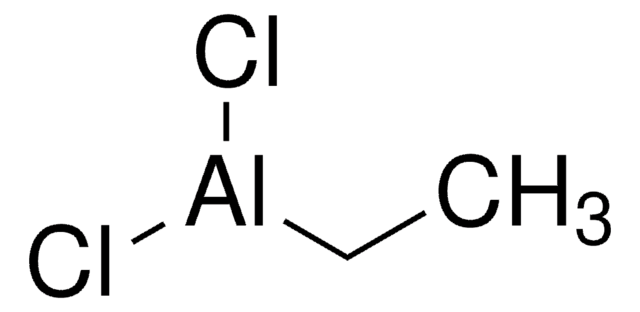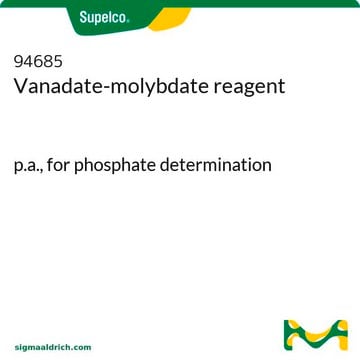277908
Ammonium molybdate
99.98% trace metals basis
Synonyme(s) :
Ammonium orthomolybdate, Diammonium molybdate
About This Item
Produits recommandés
Niveau de qualité
Pureté
99.98% trace metals basis
Forme
solid
Pertinence de la réaction
reagent type: catalyst
core: molybdenum
Technique(s)
electron microscopy: suitable
Impuretés
≤250.0 ppm Trace Metal Analysis
Solubilité
ethanol: insoluble(lit.)
Chaîne SMILES
N.N.O[Mo](O)(=O)=O
InChI
1S/Mo.2H3N.2H2O.2O/h;2*1H3;2*1H2;;/q+2;;;;;;/p-2
Clé InChI
LZRXBDCICLHKEN-UHFFFAOYSA-L
Vous recherchez des produits similaires ? Visite Guide de comparaison des produits
Description générale
Application
Mention d'avertissement
Warning
Mentions de danger
Conseils de prudence
Classification des risques
Acute Tox. 4 Oral
Code de la classe de stockage
13 - Non Combustible Solids
Classe de danger pour l'eau (WGK)
WGK 1
Point d'éclair (°F)
Not applicable
Point d'éclair (°C)
Not applicable
Équipement de protection individuelle
dust mask type N95 (US), Eyeshields, Gloves
Faites votre choix parmi les versions les plus récentes :
Certificats d'analyse (COA)
Vous ne trouvez pas la bonne version ?
Si vous avez besoin d'une version particulière, vous pouvez rechercher un certificat spécifique par le numéro de lot.
Déjà en possession de ce produit ?
Retrouvez la documentation relative aux produits que vous avez récemment achetés dans la Bibliothèque de documents.
Les clients ont également consulté
Notre équipe de scientifiques dispose d'une expérience dans tous les secteurs de la recherche, notamment en sciences de la vie, science des matériaux, synthèse chimique, chromatographie, analyse et dans de nombreux autres domaines..
Contacter notre Service technique








